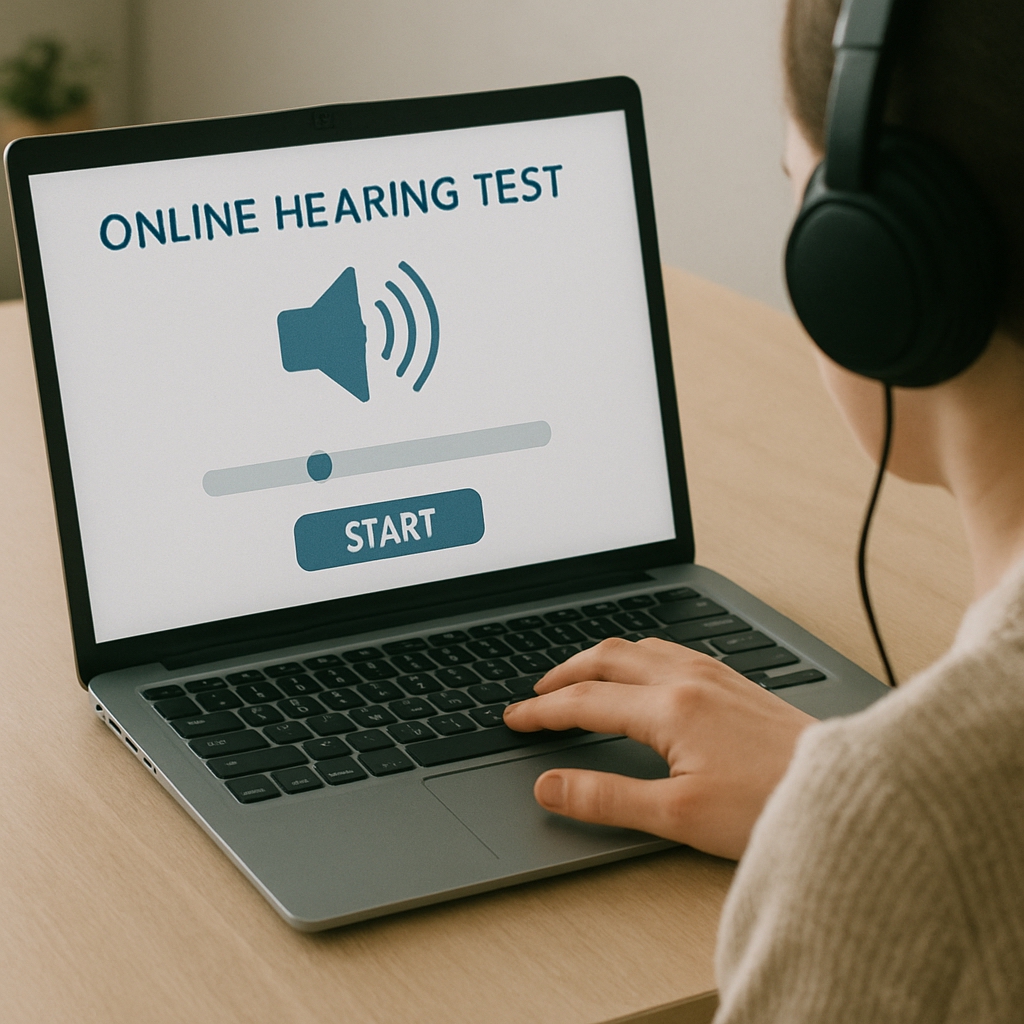For Many Classical Musicians, Hearing Loss is a Reality

Classical Musicians and Hearing Loss: A Growing Concern
Classical music is an integral part of holiday traditions, from The Nutcracker to triumphant concerts at the Atlanta Symphony Orchestra to start off the new year. As you and your loved ones enjoy the nostalgic journeys of classic music, there's no separating the talent of the musicians. Did you know that many classical musicians experience hearing loss? A new study from Norway finds that two out of five musicians experience hearing loss, while three out of five experience varying degrees of tinnitus. This may come as a surprise, as we usually think of musicians of loud rock to experience hearing loss. When hearing is an important part of instrumentation, what can be done to preserve the hearing of classical – and all – musicians?
Studies on Classical Musicians and Hearing Loss
Two separate studies from Norway and Finland show that classical musicians are at extreme risk for hearing loss. The Finnish study shows that "15% of the musicians…suffered from permanent tinnitus, in comparison to 2% among the general population." At the same time, a study of one of Norway's largest classical orchestras finds that "hearing impairment is a significant problem for 43.6% of the musicians" and that "76.9% of the musicians experience tinnitus of varying frequencies."
What's the cause? Classical musicians spend a lot of time practicing, individually and collectively. "For many classical orchestral musicians, their daily work is characterized by a large number of hours of training which produces a noise level exceeding the recommended noise limit of 85 decibels," according to Magne Nyvoll Temte, one of the researchers from the University of Oslo, Norway. The seating chart for classical musicians also matters. The study from Norway found that "if you are seated right in front of the brass section or percussionists you might be more at risk than others."
The Noise of Music
Though we may not think of it as such, even classical music is noise. As a part of their profession, classical musicians are "exposed to high levels of noise for five to six hours daily…the sound level from a double bass, for example, may reach 83 decibels, and a flute or the percussion instruments produce as much as 95 decibels of noise," according to the Finnish study. The World Health Organization (WHO) and hearing specialists alike recommend 85 decibels as the upper limit of noise exposure in the workplace, with anything exceeding requiring hearing protection. Unfortunately, both studies found that only a small percentage of classical musicians use hearing protection on the job.
Prevalence of Noise Induced Hearing Loss
For classical musicians, the sense of hearing is of utmost importance to their career. Many have expressed stress about the experience of gradual hearing loss and tinnitus. Norway's study found that "82.1% of participants experienced pain after an interplay with the orchestra and that 76.9% are exposed to sound sensitivity." Noise induced hearing loss is one of the most common causes of hearing loss, along with presbycusis (age-related hearing loss). Noise induced hearing loss may be prevented in noisy professions – such as orchestral music – with the use of custom hearing protection. However, the Finnish study found that although 70% of musicians were "concerned about their hearing…only 10 to 15% used hearing protection, while the rate of hearing impaired musicians using hearing protection was 10% higher."
The Importance of Hearing Protection in the Music Industry
The hearing industry has designed specific hearing protection for musicians and performers. Custom hearing protection for musicians is designed to filter out dangerous decibels, while still providing them access to the sounds they are playing. Even so, the Finnish study reports that "musicians…find it difficult to perform and hear the others playing when using hearing protection…they also found the hearing protection uncomfortable to wear and adjust." At the same time, "Others believed that music would not damage their hearing."
When hearing is integral to one's profession, classical musicians should seriously consider incorporating the use of hearing protection into their daily work routine. Noise induced hearing loss may not occur immediately, but rather gradually, over an accumulated series of exposure.
Scheduling an Annual Hearing Test
If hearing loss is left untreated, it may lead to a number of negative consequences in one's social and physical well-being. If you are acquainted with musicians, or if you are one yourself, it is important to your hearing health – and overall health – to take an annual hearing test. Contact us at Atlanta Hearing Doctor today.
Send us a message
Feel free to reach out to us for any questions you may have or to schedule an appointment. Our team is here to provide you with the support and information you need. We look forward to assisting you!
Email us
Give us a call





